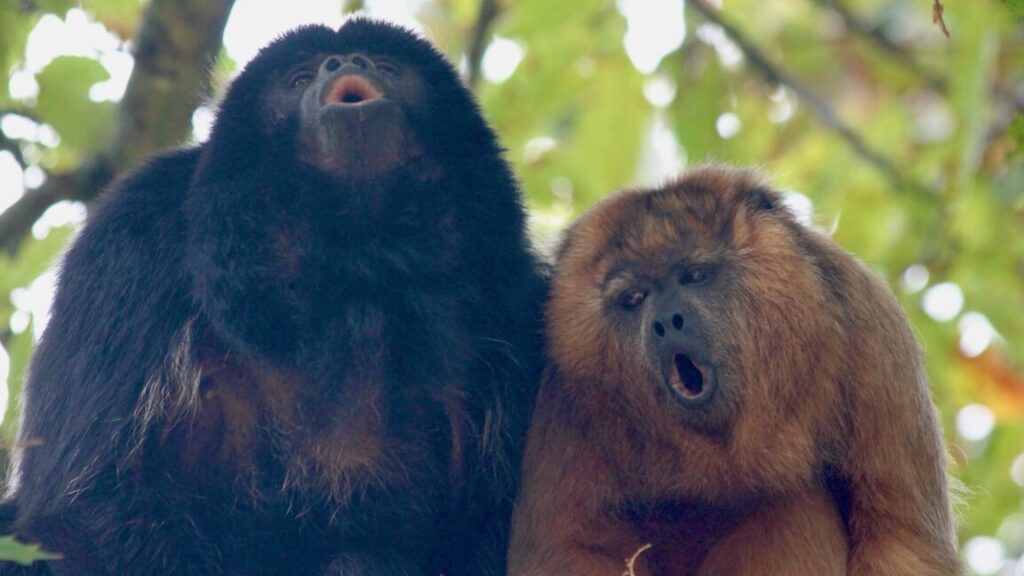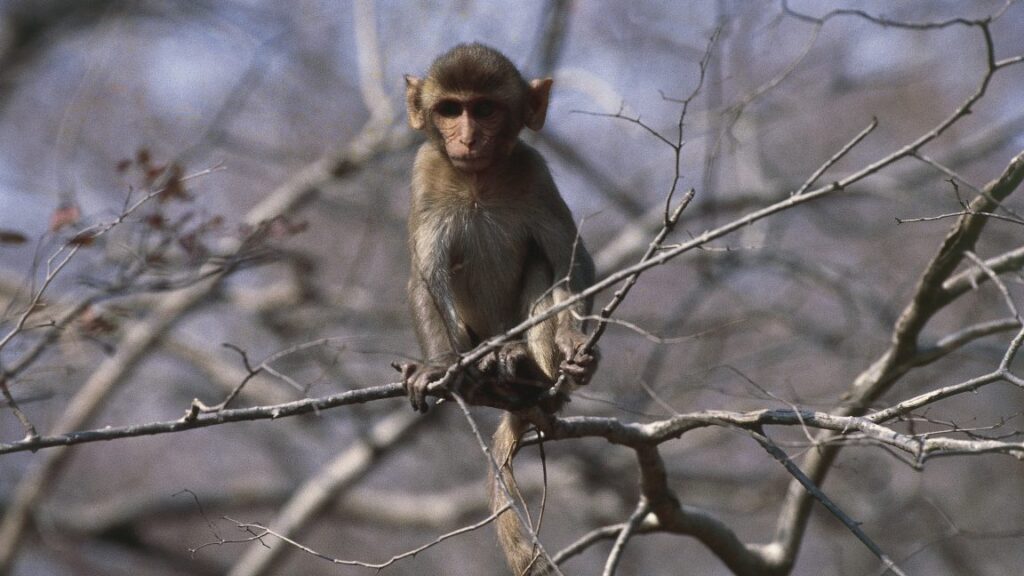Monkeys are better yodelers than humans, study finds
Monkey see, monkey yodel?
That’s how it works for humans, but when it comes to the question of yodeling animals, it depends on how you define yodeling, according to bioacoustician Tecumseh Fitch of the University of Vienna in Austria, who co-authored this latest paper. Plenty of animal vocalizations use repeated sudden changes in pitch (including birds), and a 2023 study found that toothed whales can produce vocal registers through their noses for echolocation and communication.
There haven’t been as many studies of vocal registers in non-human primates, but researchers have found, for example, that the “coo” call of the Japanese macaque is similar to a human falsetto; the squeal of a Syke monkey is similar to the human “modal” register; and the Diana monkey produces alarm calls that are similar to “vocal fry” in humans.
It’s known that non-human primates have something humans have lost over the course of evolution: very thin, light vocal membranes just above the vocal folds. Scientists have pondered the purpose of those membranes, and a 2022 study concluded that this membrane was crucial for producing sounds. The co-authors of this latest paper wanted to test their hypothesis that the membranes serve as an additional oscillator to enable such non-human primates to achieve the equivalent of human voice registers. That, in turn, would render them capable in principle of producing a wider range of calls—perhaps even a yodel.
The team studied many species, including black and gold howler monkeys, tufted capuchins, black-capped squirrel monkeys, and Peruvian spider monkeys. They took CT scans of excised monkey larynxes housed at the Japan Monkey Center, as well as two excised larynxes from tufted capuchin monkeys at Kyoto University. They also made live recordings of monkey calls at the La Senda Verde animal refuge in the Bolivian Andes, using non-invasive EGG to monitor vocal fold vibrations.
Monkeys are better yodelers than humans, study finds Read More »

